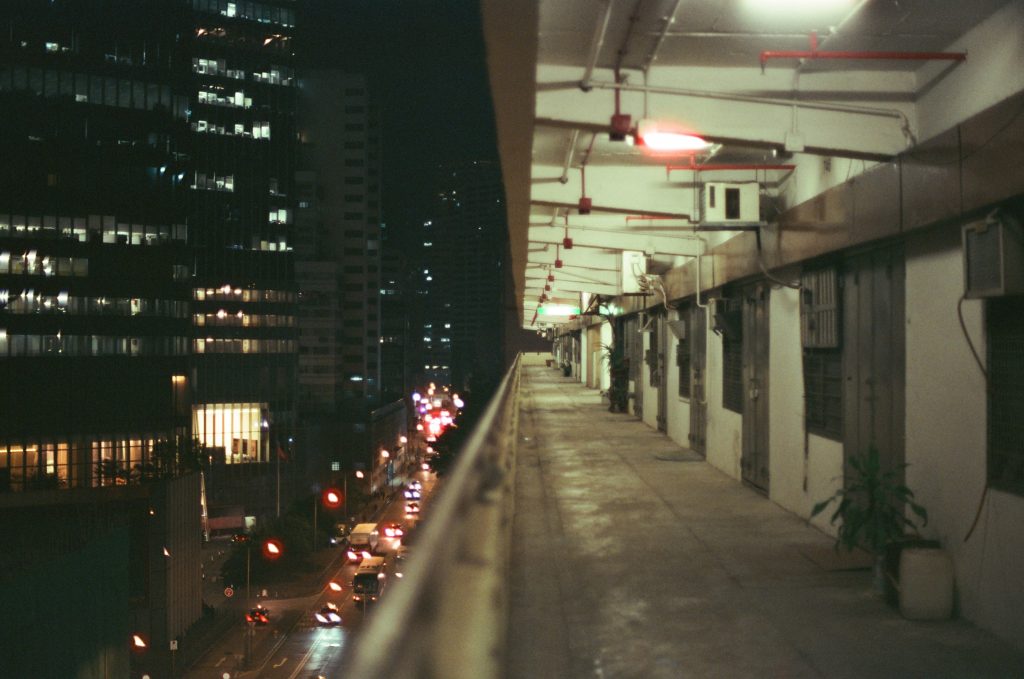Keisha is trying to practice mindfulness amid the pandemic. “That’s all I’m doing,” she says, “just meditating and breathing. But it’s taking a toll on me. It’s one thing if you choose not to work but it’s another thing if you want to go to work and can’t get out the door to go.”
Laid off from her job waiting tables at a local restaurant, Keisha now spends her days alone in the hotel room she’s called home for the past two years. She applied for unemployment but it was slow to arrive.
“I didn’t take myself out of work,” she says. “This virus took me out of work.”
Suddenly with no income and no way to pay the hotel rent, Keisha made the difficult decision to protect her 8-year-old son by sending him to live with his father. She talks to her son on the phone but hasn’t seen him in weeks. He’s asthmatic and Keisha doesn’t want him exposed to the coronavirus. She’s also afraid for herself; she doesn’t have health insurance and hasn’t seen a doctor in many years, so her underlying risk factors are unknown.
Keisha remembers how different life was just a couple years ago. Back then, she and her son lived in a house, not a hotel room. She was working hard, like she has since age 16, and supporting her family on her own. Then suddenly the owner of the house decided to sell, giving her 30 days to find a new place. When that proved impossible on such short notice, she put most of her possessions in storage, moved herself and her son into a hotel, and continued looking for a home.

But what started out as temporary shelter has become permanent. Meeting the standard requirement of earning three times the monthly rental amount, along with saving up the equivalent of one or two months’ rent for a security deposit, has been impossible so far. “I’m paying 300-and-something dollars a week to stay here. So obviously I can pay my rent,” Keisha says. “It’s just hard to do it and then try to save.”
Fiercely independent and proud of never seeking financial assistance from the government or anyone else, Keisha finds her current situation appalling.
“The sudden need for unemployment benefits, food stamps, and rental assistance makes me feel sad and sick and everything else,” she says.
Fortunately, the community’s generous response to the COVID-19 crisis meant funding was available to keep Keisha safe in her hotel room during the emergency. Asked what she would say to those whose support allowed Crisis Assistance Ministry to help in her time of need, Keisha says, “I want to say thank you, and much love. Those people did not have to do it, but they did. And I appreciate you so much.”
In keeping with her resolve to live in the moment, Keisha tries not to worry too much. She’s optimistic that one day she and her son will be back to financial stability, with a stable job and a permanent home. “I just feel that everything will pass eventually. But this is a really wide-waking eye-opener for everyone.”
As for what it will take to get there, Keisha says, “The community needs to stay as one. We’re all together in this and we all need to fight and do what’s right, stay all together and focused.”
